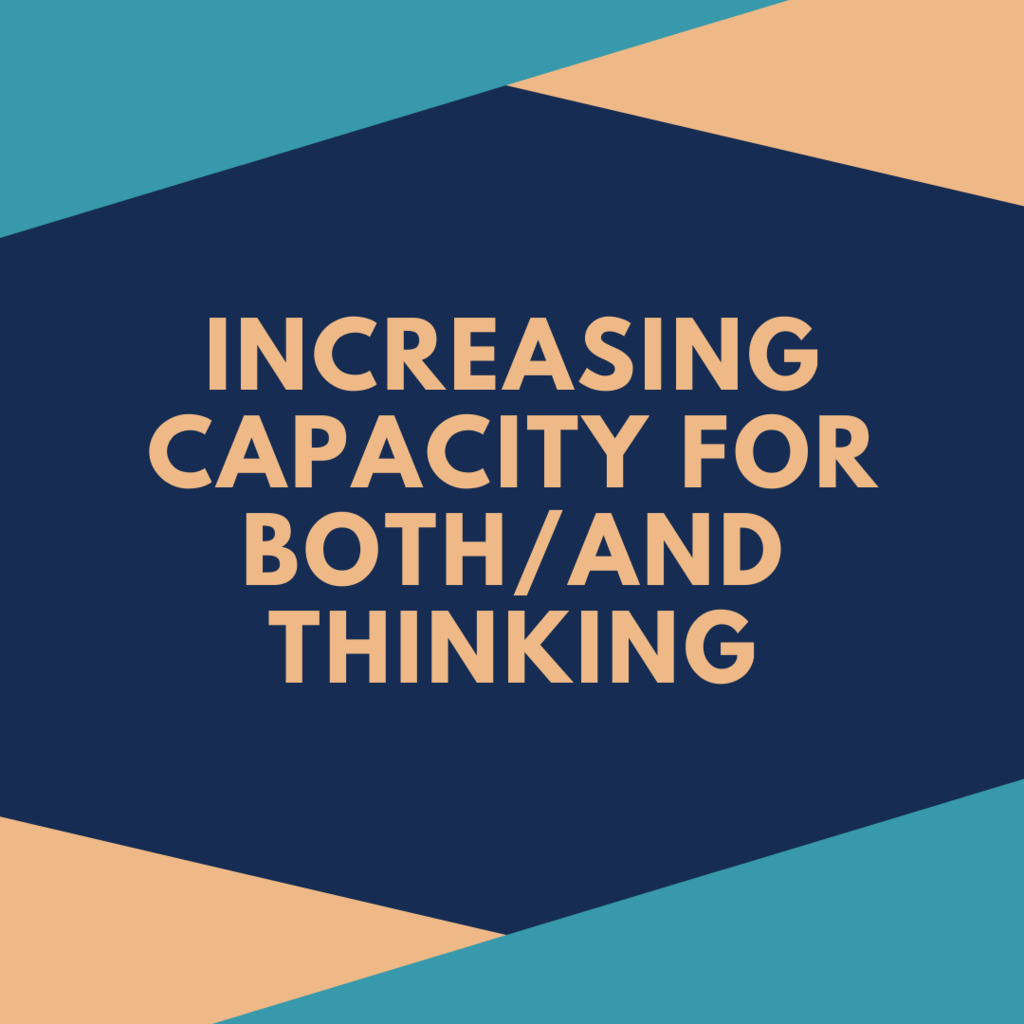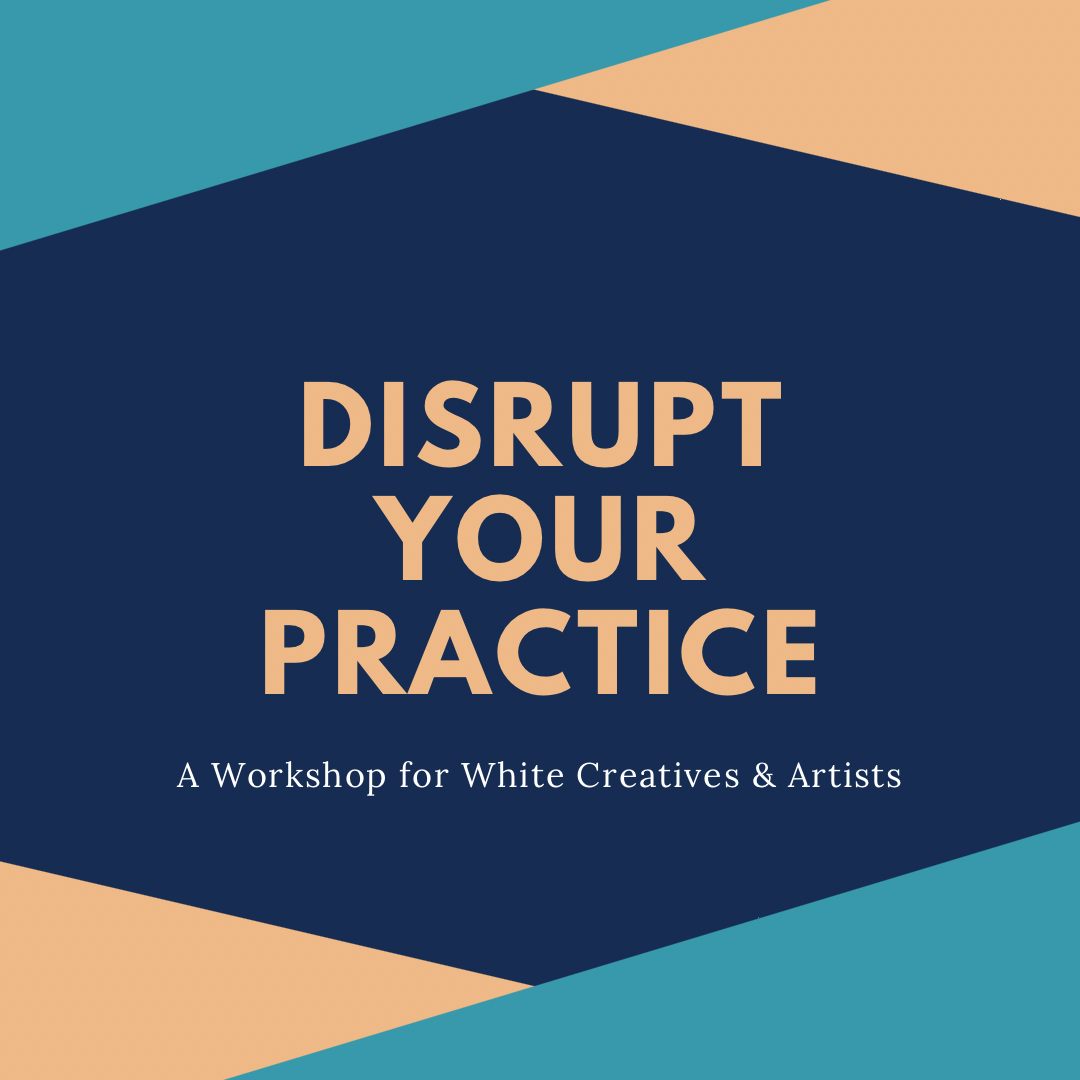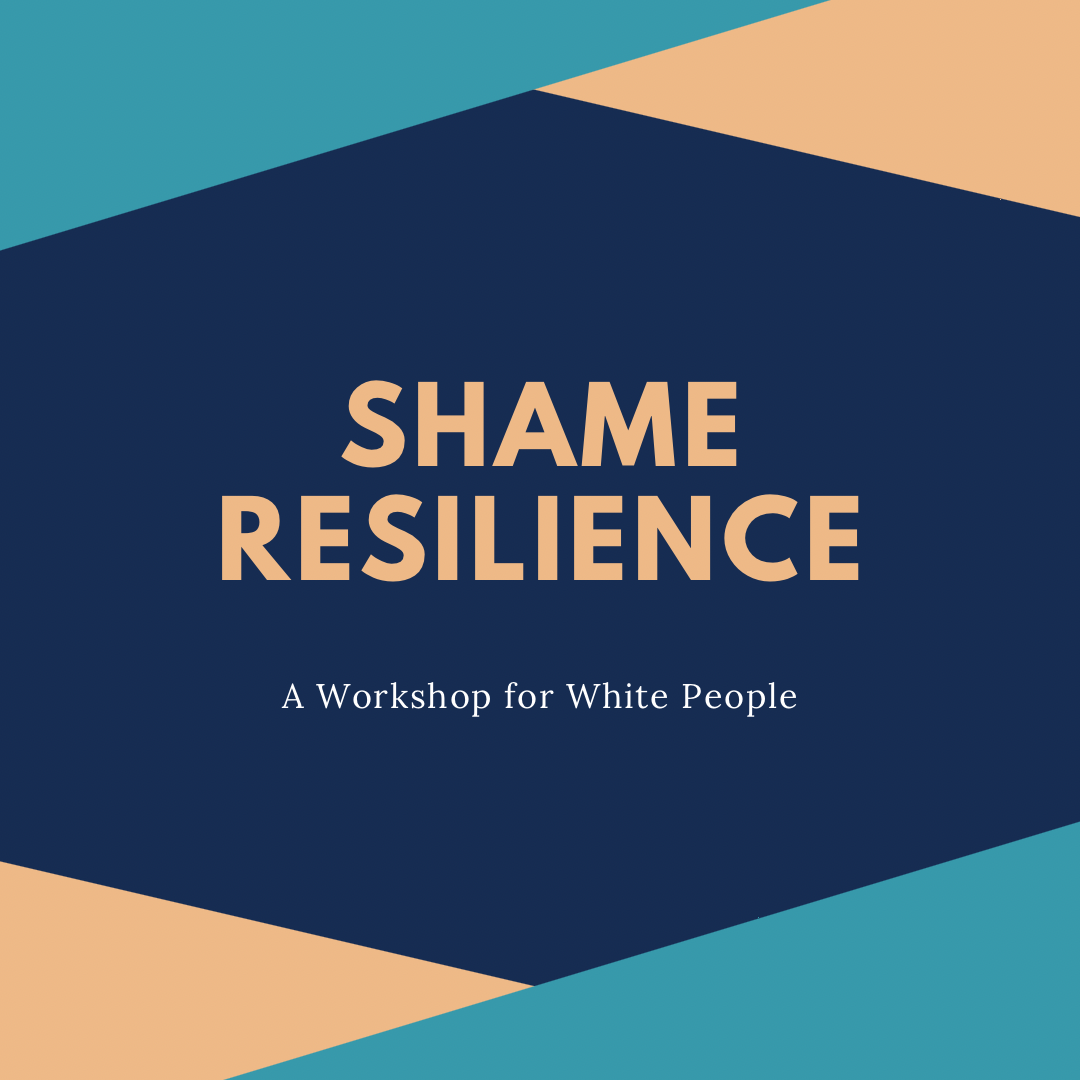If you are looking to explore what the non-profit industrial complex (NPIC) is, how it is used to maintain wealth and power, and how it suppresses and co-opts radical movements, this is the reading group for you! Over the course of 3 weeks, we will use readings from Ruth Wilson Gilmore, Joy James, Paul Kivel, Dean Spade, INCITE! Women of Color Against Violence, Sidra Morgan-Montoya and more to explore the structural elements of the NPIC. Each session will include a short recap or lecture from the facilitator to frame the content.
This reading group is a primer for other topics that will be explored throughout the year, including a global analysis of the NPIC, labor within the NPIC, and what an abolitionist praxis of the NPIC can look like.
Facilitated by Zara Cadoux (She/Her).



















